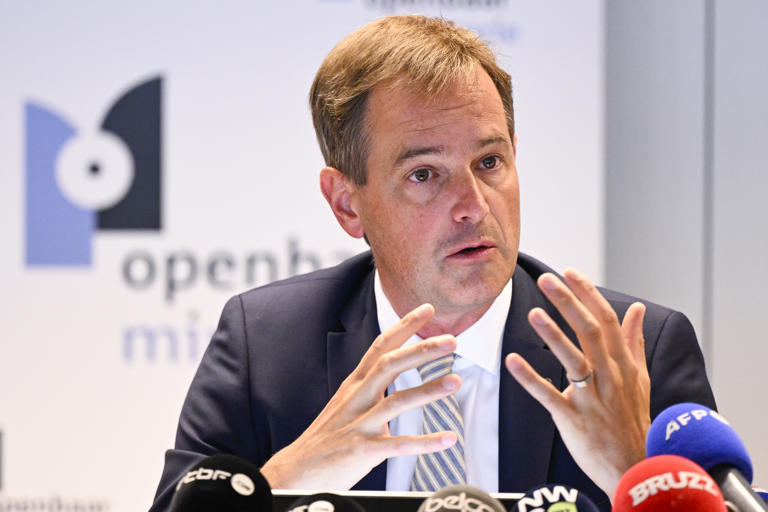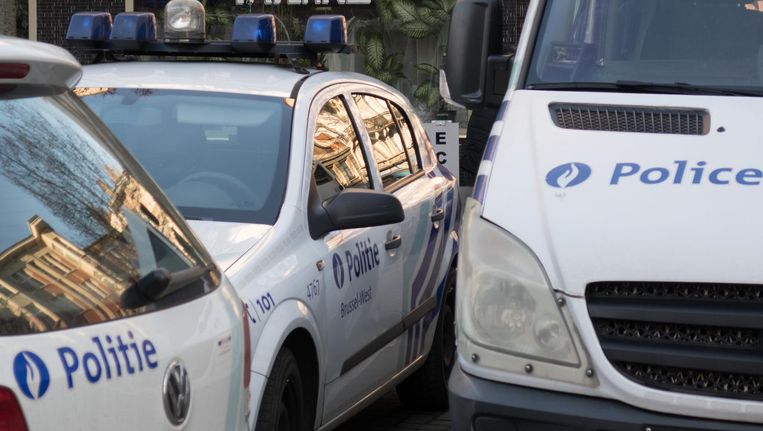In the last few months, a surge in violence involving firearms has been seen in the Brussels region, with a recent shooting in one municipality in Brussels, Molenbeek, marking the 13th such incident since September last year.
A total of 22 shootings have already taken place in the Brussels-Capital Region this year, of which one was fatal, the Brussels public prosecutor's office, together with the federal police and the various local police zones, announced at a press conference.
Meanwhile, 14 other incidents led to one person being wounded, while two people were wounded in another case. Six shootings had no injuries at all. The territories of the local police areas Brussels West, Brussels Capital Ixelles and Midi were most affected.
Complicating investigations
The investigating authorities explained that enquiries into the incidents are underway to determine their exact circumstances, but that the differing circumstances often make this process challenging, with some involving street gangs and others being the result of local incidents.
"They are not in the same context, it is not about one criminal organisation behind all the incidents. It is about different individual facts and clusters. The motives and circumstances are diverse," said Tim De Wolf, the public prosecutor of Brussels.
However, the majority of shootings can be linked to drug trafficking, according to the authorities.

Tim De Wolf, the public prosecutor of Brussels during the press conference. Credit: Belga
Following Operation SKY ECC, the name given to an investigation into organised crime that involved infiltrating an encrypted messaging service used by top criminals in the country, the Brussels police has been actively working to tackle the drug trade in the region.
In some cases, the shootings could also be linked to the Albanian mafia, such as a shooting near the Place de Brouckère, which was reportedly an act of revenge following a 20-year vendetta.
Related News
- Brussels Police announce press conference on recent rise in shootings
- Molenbeek shootings: Mayor asks Interior Minister for more police officers
- Two suspects arrested after shooting in Koekelberg
Wolf noted that the victims are often reluctant to cooperate even though they know the details, and that collecting testimonies in the drug circles is a slow process, which further complicates the investigation, resulting in "the bulk of the evidence being based on scientific evidence."
"In any case, these files are considered a priority by both the public prosecutor's office and the police zones concerned."
Lack of staff and resources
An increased police presence is already being implemented in certain sensitive neighbourhoods in order to reassure the population, De Wolf said.
However, in recent months, reports highlighted that the Federal Judicial Police is facing a lack of staff shortages, especially detectives, resulting in them regularly having the shelve serious crime cases. The SKY ECC operation led to cases skyrocketing, which has further added to the workload of investigators.
This additional burden and limited resources could result in shootings being more difficult to prevent. Last month, the police asked the Justice and Home Affairs Committee of the Federal Parliament for additional investment as well as 1,000 extra staff members to help the forces organise themselves better, especially in a digital world.

